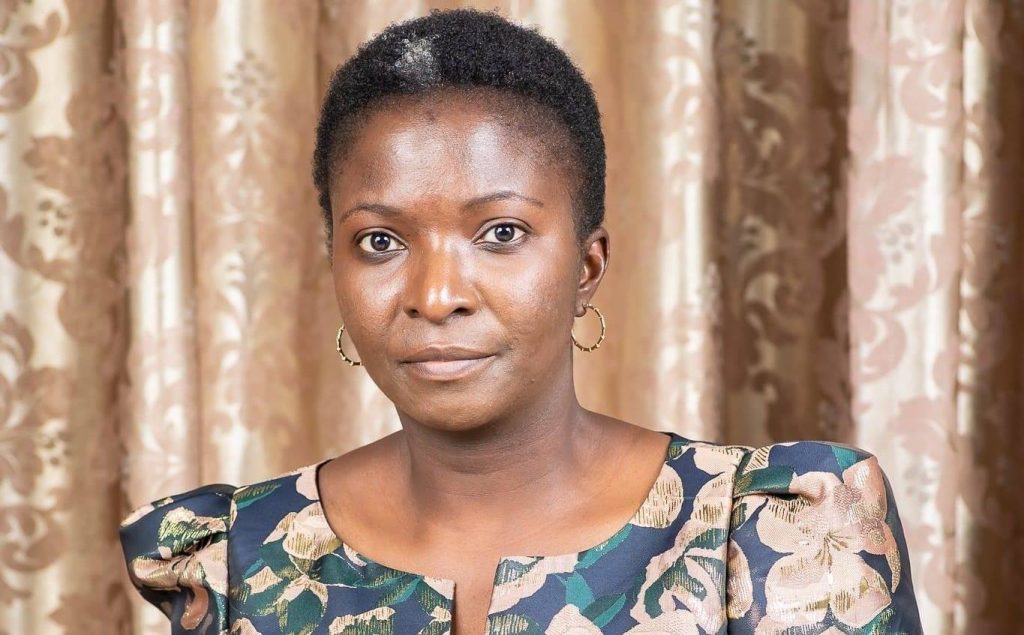ACB feels freer now—Chizuma
The Anti-Corruption Bureau (ACB) on Wednesday said the recent amendment to the Corrupt Practices Act (CPA), already assented to by President Lazarus Chakwera has freed the bureau to speed up taking cases to court.
In an interview on Wednesday in Mzuzu on the sidelines of an integrity and ethics meeting for the bureau’s staff, ACB director general Martha Chizuma said several cases have already benefited from the amendment.

She said : “Since the amendment and gazetting of that law in September [2022], a few cases have already been taken to court as we no longer need to go to the DPP [Director of Public Prosecutions] for consent.
“So, there have been cases that have been taken to court in the past few weeks, one of them being on Tuesday in Blantyre where, after the suspects were taken court, already the court has set a date for hearing.”
Before the CPA amendment, the graft-busting agency had to seek consent to prosecute cases.
The amendment emanated from a Private Member’s Bill Likoma Island that legislator Ashems Songwe (Malawi Congress Party) tabled to amend the Act and remove a provision under Section 42, which required ACB to seek consent from the DPP. He argued that the move would grant the bureau autonomy in its operations.
In September this year, President Chakwera signed the amendment Bill into law, giving the ACB the leeway to prosecute cases without seeking consent from the DPP.
During yesterday’s interview, Chizuma said the bureau is now able to seek a date of hearing.
“That’s the change. Instead of waiting for consent, we are after we have presented the suspects following arrests,” she said. going straight to trial
The amendment came amid perceived bad blood between the DPP and the ACB after incumbent DPP Steven Kayuni purportedly refused to grant the bureau consent to prosecute a case involving United Kingdom – based businessperson Zuneth Sattar’s agent Ashok Nair.
Stakeholders in the justice system, including Minister of Just ice Titus Mvalo welcomed the change and said he expected expedited processes in terms of taking people to court for prosecution following the amendment.
He said: “What it means is that the ACB can proceed to prosecute cases without having to ask for consent from the DPP. We think that we should see a speedier process in terms of bringing suspects to court for prosecution.”
Chizuma yesterday said the fight against corruption remains a collective effort and that Malawians were no longer living in denial that the vice exists.
She said some people have been acting corruptly for a long time, ruining the country.
“Where we are now, it means the rot started decades ago because people were doing things with impunity without any consequences and we cannot undo these things in one day. We need to consistently and perseveringly do the right thing to the end and right things will follow,” Chizuma said.
Keynote speaker at the meeting, Mzuzu University Department of Governance Peace and Security Studies senior lecturer George Mhango said personal commitment among ACB staff was key to the fight against corruption.
He said while the law is clear on offenders, the legal process is slow, which creates perceptions that a person can still walk away with impunity.
“We should be thinking about how we can also achieve more efficiency in legal processes. This could mean building capacity in terms of resources-both financial and human resource.
In September, the country’s graft fight received a major boost when ACB hired 17 new prosecutors and engaged four private practice lawyers to beef up its capacity to prosecute corruption cases.





